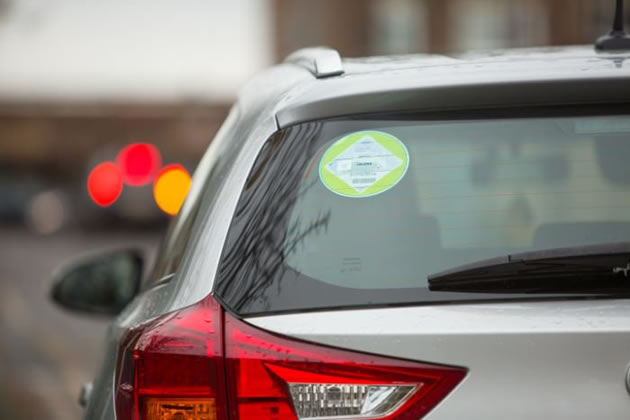Council Refuses To Pay for Taxis for 'Bullied' Schoolgirl
Grandmother claims it was only way to keep her safe

School was just over a mile from the girl's home. Picture: TfL
May 16, 2022
A grandmother who complained after Wandsworth Council stopped paying for taxis to send her granddaughter to school said the transport was the “only way” to keep her granddaughter safe.
The girl, named G in the Local Government Ombudsman report, was withdrawn from primary school by her mother in 2019 after an alleged incident of racial abuse. G’s grandmother, referred to only as Ms M, complained to the council after it stopped paying for taxis to send G to her new secondary school in 2021.
Wandsworth Council has said there are “no statutory grounds” to continue providing the transport.
The report says, “Ms M believes the council should provide taxis to take her granddaughter, G, to school. She said G has been subject to racial and physical abuse in the community since 2017 and she believes school transport is needed to keep her safe.”
G was first accepted into secondary school in 2020. Her mother declined the offer, however, after learning children who had allegedly bullied G went to the school.
G’s mother did not want her to go to any of the four other schools suggested by the council, who later issued her with an order to enrol G at a different local school. The council made a reintegration plan for G before she joined the school which said it would support her with transport. The plan said this support would be reviewed after two weeks.
G started at a different secondary school in February 2021. The council paid for taxis to take her to the school for the first two weeks instead, which it called a “gesture of goodwill”. Ms M complained when the council stopped paying for G’s taxis in March 2021.
The report says, “The fact the council paid for taxis does not commit the council to continuing to provide school transport. However, the intention of the original reintegration plan was to review the arrangements for G’s transport after two weeks, and this would have been advisable when the council stopped providing taxis.
“Ms M complained as soon as the transport ended. While the wide range of issues Ms M raised in her complaint may have made it harder for the council to spot, Ms M was also asking the council to provide ongoing, long-term school transport for G. She believes this is the only way to keep G safe. While this may be an unusual request, the council should have considered it in line with its school transport policy.”
The report adds: “Instead, Ms M and the council reached a stalemate and Ms M complained to the ombudsman.”
The ombudsman asked the council to consider Ms M’s request to continue paying for taxis for G. A Wandsworth Council spokesperson said, “The complainant wants the council to provide taxis to school every day for her daughter, even though she is not disabled and the school is only just over a mile from her home.
“The council had agreed to this for the first two weeks after she began attending the school in order to support both her transition from primary school to secondary and to help ensure her reintegration into education after her mother had kept her away from classes for a considerable period of time.
“In line with the ombudsman’s recommendations we agreed to look again at this request and have concluded that there are no statutory grounds to provide transport, and following a police risk assessment, no apparent safety risks.”
Charlotte Lillywhite - Local Democracy Reporter